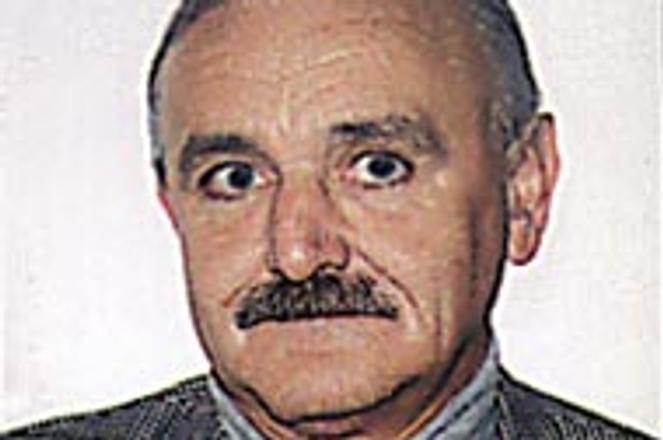"It was in sports that the endeavors of the two republics were most closely intertwined and where the border was meaningless."
Peter Fukatsch
Most of our history in the world's most prestigious sporting event has been as part of Czechoslovakia, in its various pre-war, people's democratic and socialist incarnations. Now, however, we are on our own. The games of the XXVIth summer Olympiad will see the Czech Republic and Slovakia compete as independent countries for the first time after 75 years of our common history.
There are a plethora of opinions on the merits and drawbacks of the separation, but most sportsmen and sportswomen from both sides of the Morava River regret the split - it was in sports that the endeavours of the two republics were most closely intertwined and where the border was meaningless.
The star of Czech athletics, Jan Železny from Mladá Boleslav, a clear favorite for gold in the javelin at Atlanta, spent his early sporting years in Banská Bystrica, his wife's birthplace. He always emphasizes his links with both republics and does not acknowledge the border.
Železny's training partner is Krompachy's Igor Kováč, Slovakia's hope for 110 meter hurdles. And this year, Slovakia won gold at the white water K2 kayaking world championships, thanks to the efforts of the Czech Vala and the Slovak Slučik.
It is true that the outlook for Atlanta is modest for small countries. Olympic champions come round once every decade or so. But Slovakia should not prematurely bemoan. There are medal hopes - Jozef Gönci and Vladimír Slamka in riflery, the slalom canoeist Michal Martikán, the walker Igor Kollár, the swimmer Martina Moravcová - all these have a chance of reaching the winners' podium. We probably won't see a repeat of Seoul '88, however, where two Slovaks - Miroslav Mečiř and Jozef Pribilinec - realized the golden dream.
It would be a big mistake, if the prime concern was the medals tally, where unbearable pressure is put on the athletes, and where a national tragedy could be contrived from what is, after all, a form of entertainment.
This year's ice hockey world championship in Vienna should serve as a lesson to the Slovak party in Atlanta. After almost manic talk of "the team destined for success" under the motto "Vivat Slovakia," defeats led to coarse words and the current delicate situation in a sport in which a disinterested observer would conclude that Slovakia had achieved enormous success over the past three years.
Fortunately, the philosophy of sports competition has changed all over the world. Since the last games in Barcelona, sporting pre-eminence is no longer perceived as a victory for the political system of a particular state. True, the sense of pride felt in one's own Olympic winners remains. It was like that in ancient Greece after all - every polis honoured its native competitors' olive wreathes until their death.
Constant comparisons with the Czechs, who this year have been very successful, are futile; a touch of congratulatory good will would be more fitting here, if only because we lived together in one state for so long. Let's hope that this kind of sentiment prevails on both sides of the Morava, and indeed all over the world.
The Olympiad is a joyous feast of sports, not a war, nor a place for misplaced pride. The ancient Greek ekekheira, the cease-fire which was agreed on during the games, is sadly no longer observed, though the competitors themselves are not to blame. At the end of the games they will march hand in hand, regardless from where their partners in sports hail.
Peter Fukatsch is a sports writer for the daily newspaper Sme.
Author: Peter Fukatsch


